The Cannes Film Festival, the world’s premier artistic gathering, is set to unfold from 14 to 25 May in its 77th edition. This year, a selection of 22 films will vie for the coveted Palme d’Or in the principal competition. Amidst the ongoing global challenges posed by the Russian-Ukrainian conflict and the Israeli brutal attacks on Gaza, the festival’s mission remains to present the diverse thoughts and cultures of nations through cinema. This underscores the critical role of art in shaping the civilization and history of societies. As customary, cinephiles will have the opportunity to experience cinematic works from across the globe. The Cannes Film Festival serves as a vital gateway to such exceptional films. The festival’s organizers have disclosed the lineup of films to be showcased.
The Main Competition
Selected for the Palme d’Or competition are: “The Apprentice” by Iranian filmmaker Ali Al-Abbasi, “Motel Destino” by Karim Ainouz, “Bird” by Andrea Arnold, “Emilia Perez” by Jacques Audiard, “Anora” by Sean Baker, and notably, “Megalopolis” by the esteemed American director Francis Ford Coppola, premiering at the Cannes Film Festival.
Immersive Competition
The 2024 Cannes Film Festival introduces the novel Immersive Competition, hosted at Cannes Cineum and Université Côte d’Azur. This segment features collective virtual reality installations, mixed reality experiences, video mapping, and holographic creations.
A total of 8 projects have been chosen to represent the cutting edge of this emerging art form, defying traditional norms, embracing innovative technologies, and honouring both new and established talents. Additionally, 6 works will be presented outside of the competition. These pieces explore the medium’s progression and draw connections between virtual reality, virtual production, cinema, and shared storytelling. The Best Immersive Work accolade will be awarded at a ceremony on May 23.
Films in Competition:
- The French production “En Amour,” featuring Claire Bardin, Adrien Mondo, and Laurent Bardin in roles of acting, directing, and voiceover.
- “Evolver,” a collaborative effort from the UK, France, and the USA. Barnaby Steele, Ersin Han Ersen, and Robin McNicholas contributed to the film, with Oscar laureate Keith Blanchett lending his voice.
- The Romanian-French cinematic piece “Human Violins: Prelude (Multi-user version),” directed by Ioanna Michi, with Cabiria Morgenstern in the lead.
- The Anglo-American movie “Maya: The Birth of a Super Hero” (Maya: Naissance D’une Super Heroine), a joint venture by Poulomi Basu, CJ Clarke, and Poulomi Basu, starring Indira Varma, Kathy Pakiyanathan, Charithra Chandran, and Flory Antonio.
- “Noire,” a French-Taiwanese film by Tania de Montaigne, Stéphane Foenkinos, and Pierre-Alain Giraud, featuring Tania de Montaigne, Rebecca Naluyang, Kirill Daniel Elombi, Veronique Bailey, and Jonah Kraft. The cast also includes Joy Lun Mei performing in Mandarin, and Susanna Dimitri in Italian, with Axel Beaumont, Pierre Talaron, Tony Sanyal, Mila Bosio, Chloe Frogget, Anne Klein, and Marianne Borg.
- From Taiwan, “Traversing The Mist” by Tung-Yen Chou, starring Jing-Yan Lin.
- “The Roaming,” an immersive VR theatrical odyssey by Mathieu Pradat, is a captivating and disconcerting fairy tale shaped by personal choices and those of the collective.
- “Telos” by Dorotea Saykaly and film director Emil Dam Seidel. This holographic dance piece aspires to forge a Digital Myth, blending contemporary dance with digital innovation in a 360-degree immersive environment. The narrative follows an AGI seeking a new raison d’être post-humanity. Emulating its creator, the AGI constructs a holographic form within a central glass pyramid, embarking on a quest to define its new Telos.
Arab Representation at Cannes
This edition of the Cannes Film Festival features six films from the Arab world, showcasing the talents of Saudi Arabia, Egypt, Morocco, Somalia, and Palestine across various festival competitions. Leading the Arab contingent, Egypt presents two films. The first, “The Brink of Dreams” by Nada Riyadh and Ayman El Amir, is the sole Egyptian entry in the Critics’ Week section, competing against six international films from the United States, Brazil, France, Argentina, Belgium, and Taiwan. It’s also vying for several international accolades at the festival, including the Grand Prize for Best Cinematography of the Year 2024, the Special Jury Award, and awards for Best Actor, Best Actress, Best Screenplay, and Distribution.
“The Brink of Dreams” unfolds in Al-Barsha village, Minya governorate, and chronicles a group of village girls who form a theatre troupe. Their plays, rooted in Saidi folklore, address pressing issues like early marriage, domestic violence, and the education of girls. The narrative follows three girls—Magda, aspiring to study theatre in Cairo; Heidi, dreaming of becoming a ballet dancer; and Monica, hoping to be a renowned singer. The cast features the Panorama Barsha Theater troupe from Upper Egypt, including Magda Massoud, Heidi Sameh, Monica Youssef, Marina Samir, Maryam Nassar, Lydia Haroun, and troupe founder Justina Samir. The film’s production spanned four years, capturing the real-life journeys of its protagonists.
The second Egyptian film, “East of Noon,” directed by Hala Elkoussy, will be screened in the Directors’ Fortnight section. Blending satirical fantasy with black comedy, it depicts a timeless world where a young musician challenges the oppressive ruler using his talent and the fairy tales told by an elderly woman. Shot over 22 days in Cairo and Al-Qusayr in 2022, the film features Manah Al-Batrawi, Ahmed Kamal, Omer Raziq, Fayza Shamah, Osama Abu Al-Atta, and Bassem Wadih, with cinematography by Abdel Salam Moussa.
Saudi cinema marks its debut with Tawfik Alzaidi’s “Norah,” competing in the “Un Certain Regard” section alongside fourteen other films. Premiering at the third Red Sea Film Festival, where it won Best Saudi Film, “Norah” stars Yagoub Alfarhan, Maria Bahrawi, and Abdullah Al-Sadhan. Set in a 1990s Saudi village, it follows Norah, whose encounter with the new teacher Nader ignites her artistic passions and desire for a life beyond her village.
“To a Land Unknown,” a Palestinian film by Mahdi Fleifel, joins the Critics’ Week lineup, exploring the plight of a Palestinian refugee in Athens seeking justice after being deceived by a smuggler. The film delves into the ongoing displacement and annexation of Palestinian lands for Israeli settlements.
Nabil Ayouch’s Moroccan entry, “Everybody Loves Touda,” portrays a mother’s struggle for her deaf and mute son’s future.
Lastly, Somalia’s “The Village Next to Paradise,” directed by Mo Harawe, debuts in the “Un Certain Regard” section as the first Somali feature film at Cannes and the first shot in Somalia. The film’s production, led by cinematographer Mustafa Al-Kashef, son of the late Radwan Al-Kashef, faced numerous challenges, highlighting the remarkable journey to one of the world’s premier film festivals.


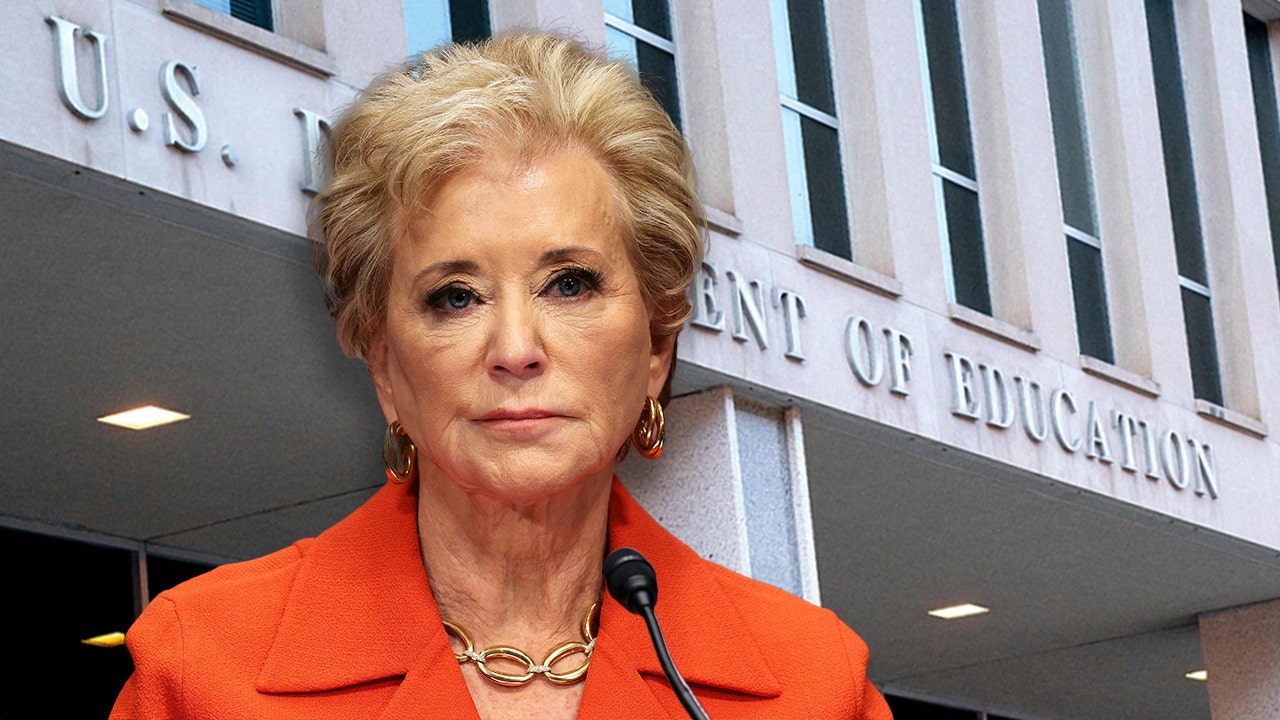


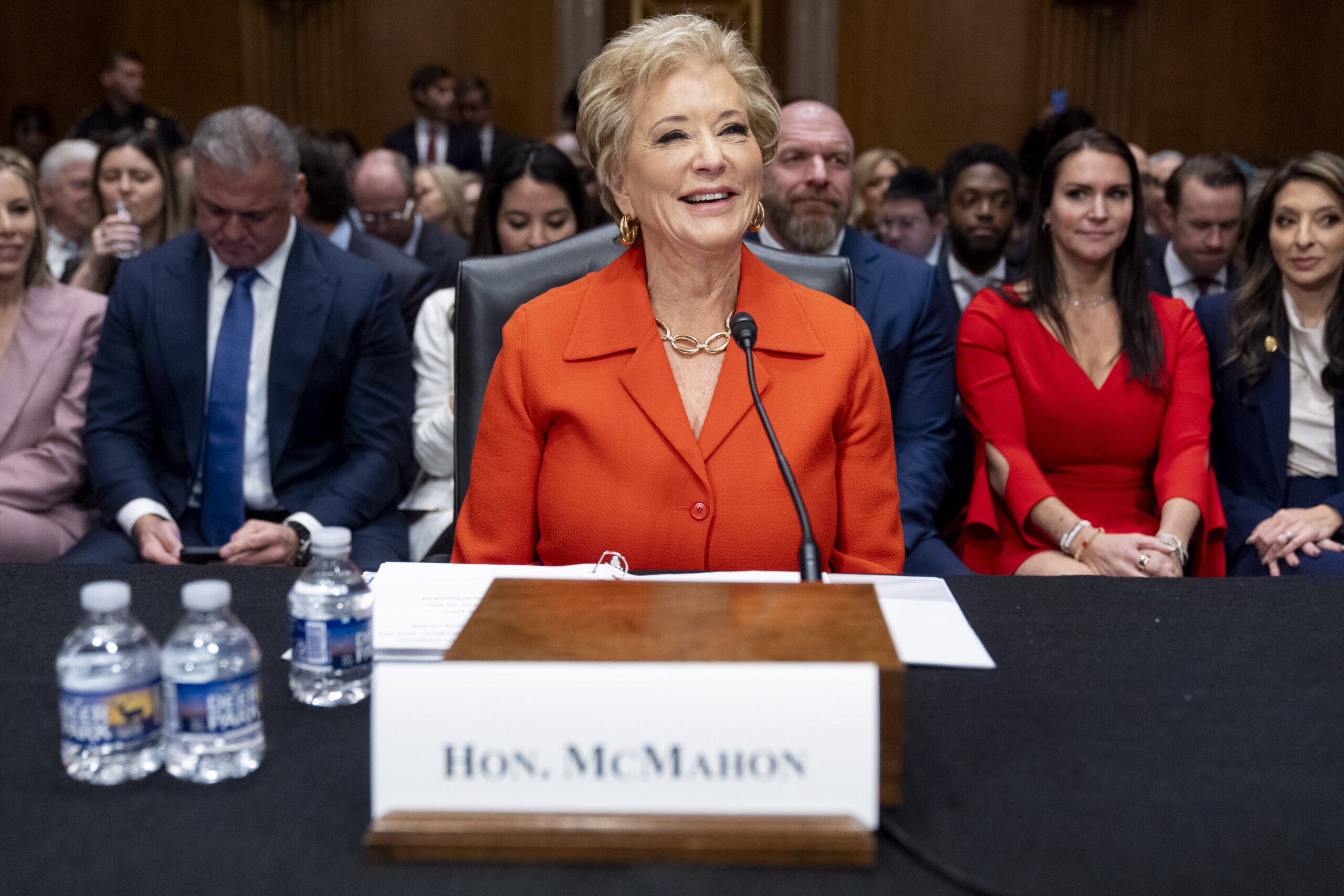






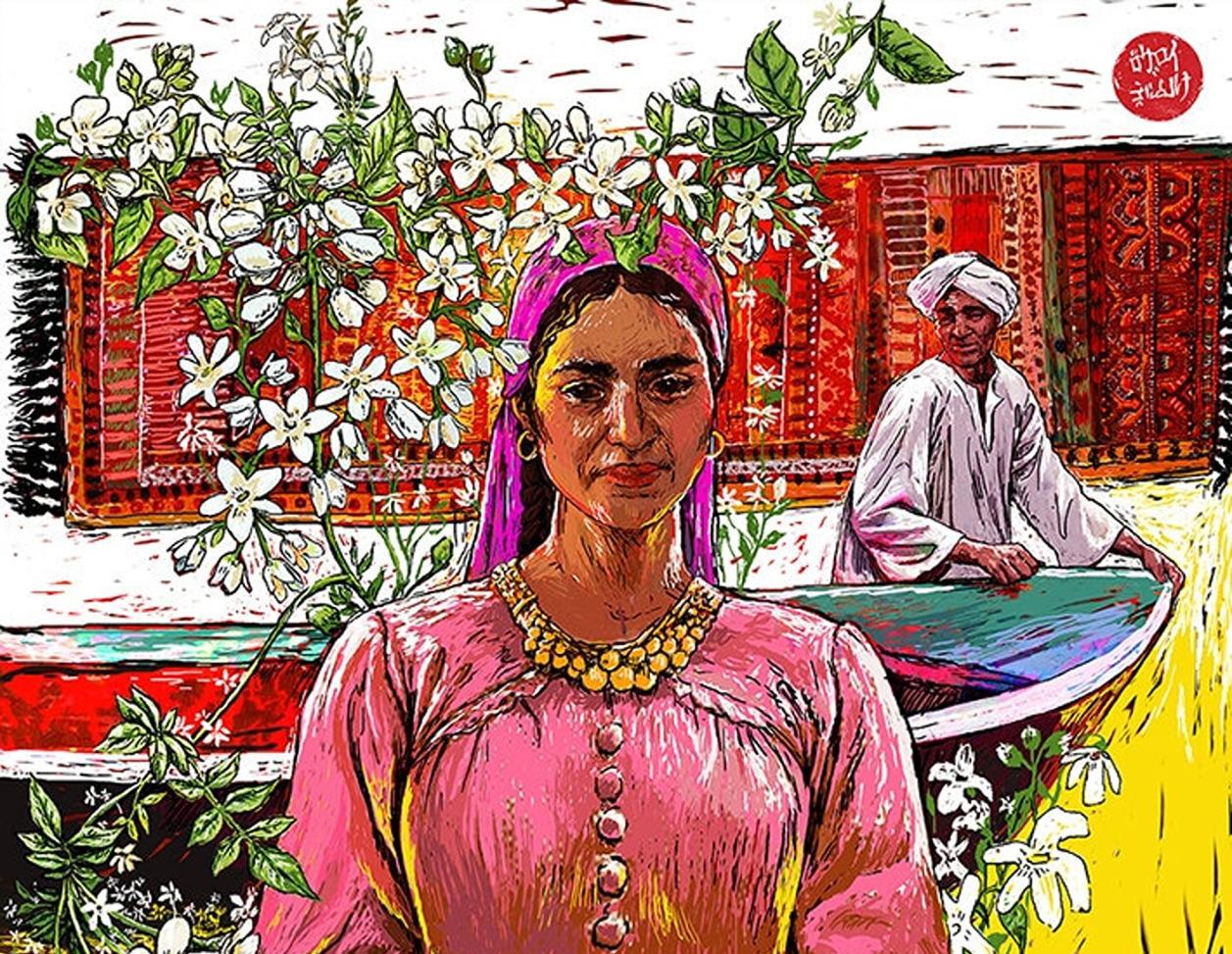


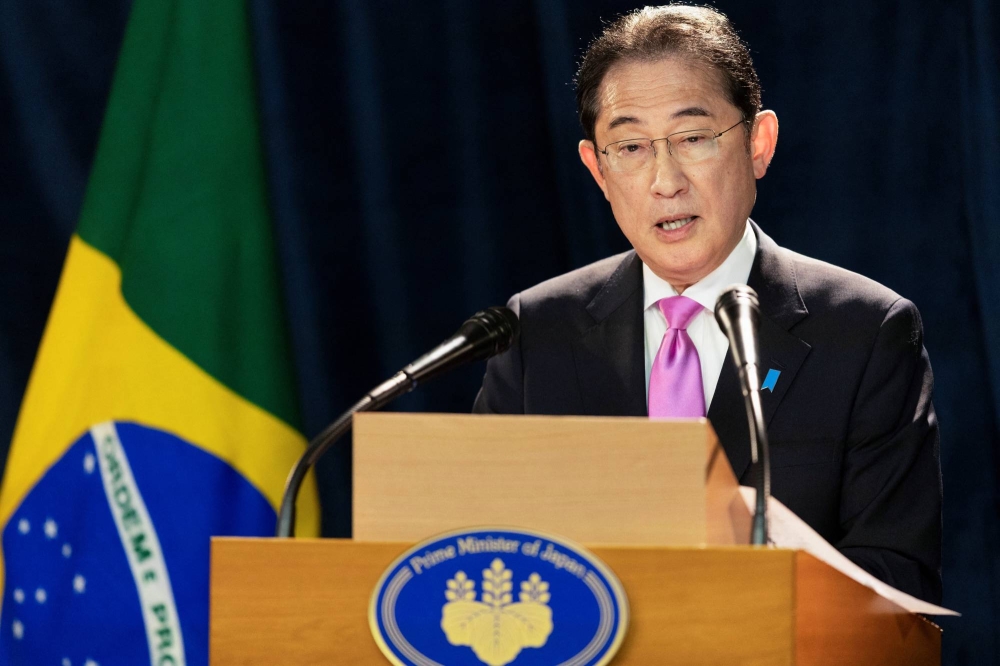


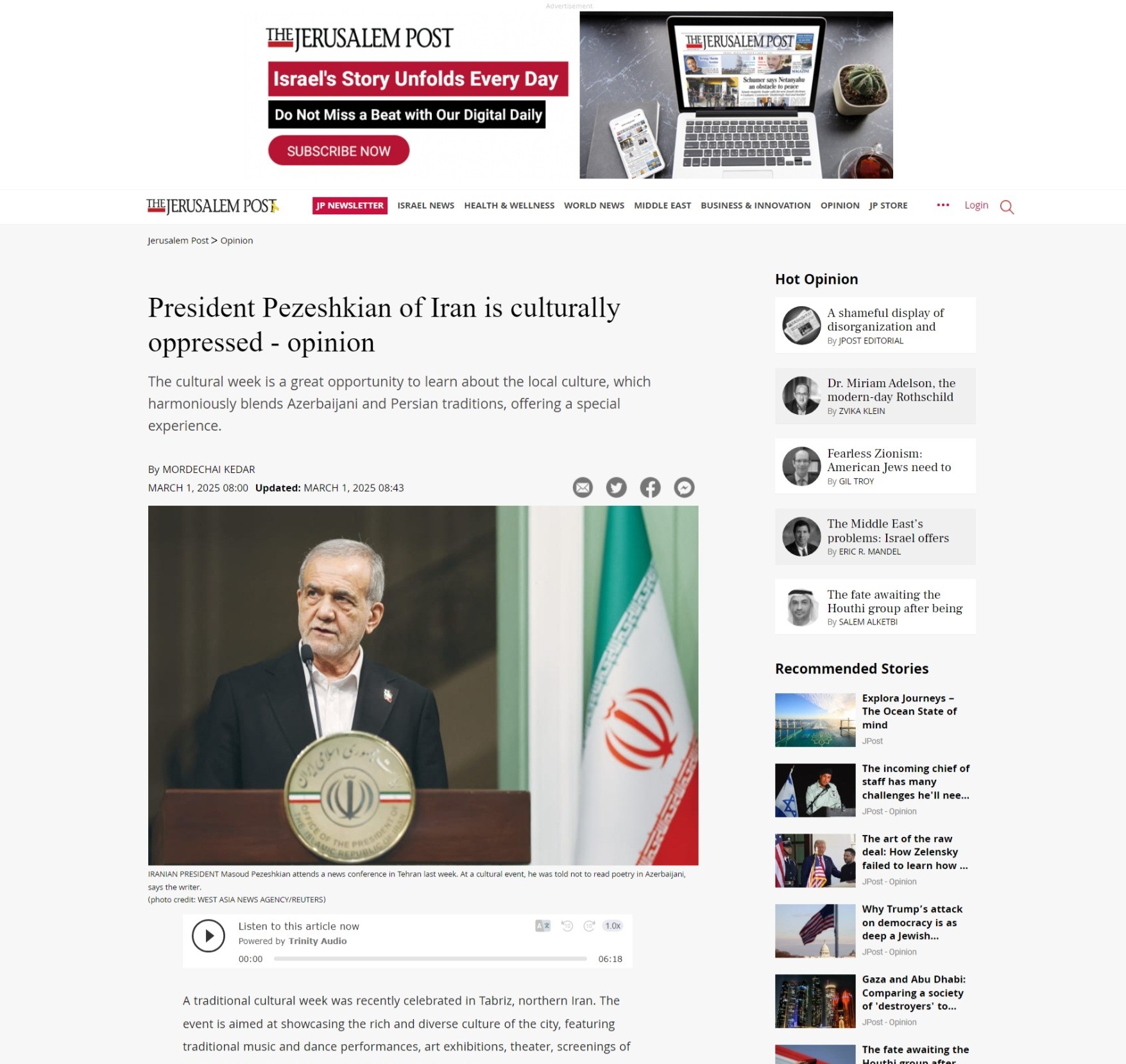


Discussion about this post